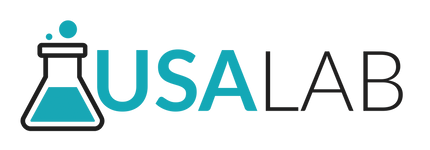The Importance of Timely Lab Equipment Repairs and Maintenance
Posted by USA Lab Equipment on Oct 22nd 2021
No matter their specialty, all laboratories rely on a variety of equipment for their daily tasks. If this equipment starts to show damage from all this wear and tear, lab technicians must get it repai
… Read More





